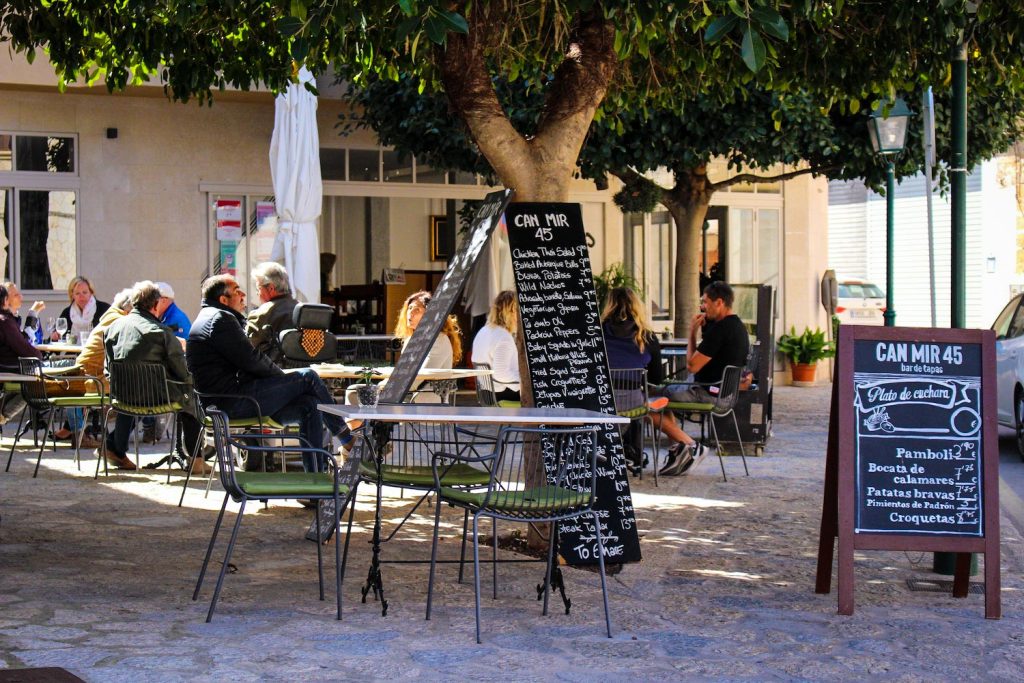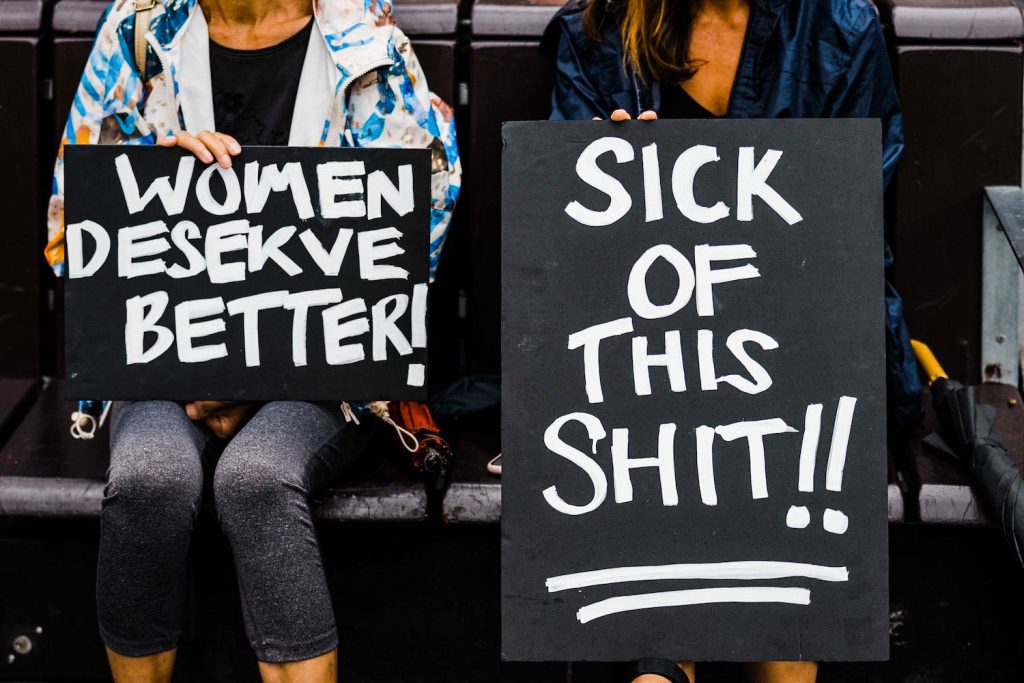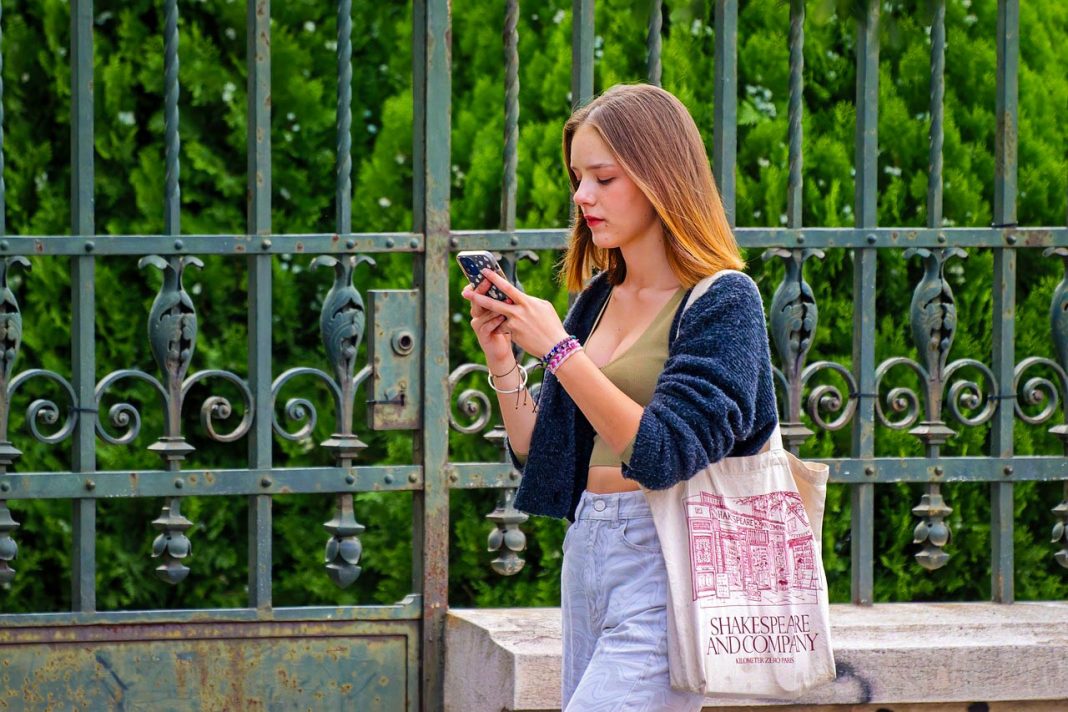In 2015, a London cyclist clashed with a pedestrian, knocking her unconscious and leaving her with scars and broken teeth.
It sent the media into a frenzy. Front and centre of the story was the negligence of the victim who was fixated on her smartphone as she stepped out into oncoming traffic.
In reality, though, it seems that the role of the mobile device may have been overplayed. Whatever the truth was, it created sympathy for the cyclist and when he was handed a £60,000 bill for damages and court fees, people showed their solidarity through a crowdfunding campaign.
This incident raises some interesting questions. Should the cyclist – like all vehicle users – have anticipated unpredictable pedestrian behaviour? Should the pedestrian have paid more attention? And do we care more about who we think behaves appropriately than about the rule of law?
Whatever the answers are, it shows that the fight for space in our cities is not only with cars.
Often the unwavering enforcement of our personal rights to a space can have disastrous consequences. It seems to be a growing concern with the oversized electric bikes that zip through Graz’s parks these days. Silent, fast, robust, how long is it until a walker – maybe even a child – comes a-cropper at their hands?
But worse, the escalation of the London incident to a court of law casts a spotlight on an aspect of municipal life that is never mentioned. However much progress we make with better design, systemic sustainability, and climate change mitigation, a lack of common courtesy will prevent cities from becoming the optimum liveable spaces that they can be.
The Urban Assault Course
You’ll see it everywhere.
There’s a street on my way to work flanked by local businesses: bars, hairdressers, a florist, grocery stores, a driving school, a dance academy, and restaurants. It has a lot to offer but is frustratingly unwalkable.
Delivery vans block the path to get off the single lane road. In quick succession, a sculptured fountain is followed by a low-hanging awning, vegetable stalls, outdoor seating, traffic signs, benches, oversized plant pots, shops’ self-standing boards, and roadworks.
As for the amount of dog’s mess that smears the streets, it’s frankly obscene!
Often there are human blockages too. Gangs of smokers outside bars, waiting staff milling about, and scattered bikes and cool boxes of the swarms of lurid-uniformed takeaway couriers awaiting their next quarry at the Mc-Collection-Window.
People have the right to do their jobs, of course… although whether the pavement is possibly up for debate. But anyone can go about their business and still consider the needs of others.

None Shall Pass!
Along this very street an incident occurred epitomising a common problem in Graz. Probably everywhere.
A group of teenage lads were just hanging around on the path. Harmless enough but they blocked the route. One couple walked into the road to get round them.
Not only is it disrespectful but intimidating too. Whoever we are, we have a duty to understand and defuse how overbearing we may appear to others.
Chuggers returned to the city for the summer, and their tactic of choice appears to be to step in the way and walk towards you, hoping you’ll stop and donate.
They too have a job to do but this can be handled ethically.
None of us know a stranger’s lived experiences. Blocking someone’s path could be triggering for, as an example, survivors of abuse, those living with poor mental or emotional health, and the elderly or frail. Why risk it? It takes no effort not to inflict this on anyone.
Even when we can conjure up enough resilience for this to bounce off us, these encounters can affect our mood. We may transfer this negativity onto those around us. It affects our wellbeing, choices, and relationships.
Let’s be better.
Observe, Think & Act Better
We can start by observing the environment around us and asking, “How can I make this space fairer for everyone?”
This doesn’t prevent us from enjoying personal rights and freedoms – like where I can walk or cycle, with or without a smartphone – but reframes them to accommodate the needs of others.
It can take the form of small courtesies, such as:
- keep the the side of the path.
- looking around before crossing a street – no one wants to bump heads.
- checking for signs that indicate the pathway’s purpose and use it accordingly – is it a walkway, bike lane, or a mix?
- clean up after your dog.
- give room to prams and buggies – but they can be wide, so be considerate to others when pushing them, too.
- dispose of litter in the right bin.
- thanking people who show consideration – such as stopping to let you pass or holding open a door – with words or a smile.
This attitude would have prevented two people last week – me and a mouthy old man cycling in the pedestrian lane – from leaving that narrow bridge muttering angrily about the other’s refusal to sidestep into the deserted cycle lane. No one won that battle.
It would also prevent cities from having to invent ways to enforce decent behaviour. Like the municipalities that got so desperate about the threat of dogs’ mess that they’re resorting to DNA testing to impose fines.
But councils are made up of people too. Aren’t any of the planners pedestrians? Apparently not, judging by their lack of professional courtesy.
In Graz road signs, bollards, bins, smoking areas, and parking spaces that allow car bonnets to overhanging kerbsides and encroach on public walkways are ubiquitous.
And now on the main shopping street, there appears (2001: A Space Odyssey style) a monolithic, incomprehensibly designed city map good for little other than blocking the path. Tax money well spent…
The Gendering of Courtesy
Not every change that leads to better cities needs to be handled by urbanists, decision-makers, accountants, and leaders. If enough of us act, simple behaviour changes can have a massive impact.
And like it or not, men, you have a bigger role to play in this. It’s time to step up. Or, more precisely, step away. Because this is a gendered issue too.
It’s wrong to make assumptions based on appearances, including outdated gender norms, but it’s fair to say that if someone looks like a woman, demonstrating the appropriate courtesy cannot be incorrect behaviour.
It’s a pet peeve of mine when people walking two abreast don’t allow for some else to comfortably pass by in the opposite direction. Citizens of Graz are like human heat-seeking missiles, heading dead ahead as if expecting to pass through you like a ghost.
Like with the loitering lads from earlier, it rarely results in there being enough space to pass by without an acrobatic torso contortion.
Yet, as inconsiderate at this may be, we should not expect women to step aside.
If there’s a man on the approach, head for him instead. He’s far less likely to feel vulnerable.
Far from being a chauvinist act thinly veiled in chivalry, this is about making small steps towards correcting an (often extremely disgusting) imbalance set in favour for men.

Advice for Common Courtesies
We shouldn’t underestimate how intimidating urban spaces can be – although it’s not really about the spaces, but the people that occupy them.
Former Olympic cyclist Chris Broadman, now the UK’s National Active Travel Commissioner, and the This Girl Can campaign have drawn attention to ways that men can improve the spaces women walk through. In short, it’s a display of considerate behaviour:
- slow down to create distance, especially if walking behind someone.
- at night cross to the other side instead of approaching.
- never making comments – however positive we believe they seem.
We can do more:
- don’t stare!
- keep to well-lit areas so as to be visible at all times and avoid unintentional shocks.
- don’t block the route.
- don’t directly follow anyone into a tunnel.
- talk on your mobile to make it clear that you’re there, distracted, and keeping your distance.
The twist is, we can adopt these as everyday habits and show this courtesy to and for the benefit of everyone – regardless of gender, the time of day, or our reason for using the space.
Demonstrating thoughtfulness and decency isn’t a big ask. It shouldn’t need to be asked for at all, but here we are. It also may not seem like the biggest priority. But for what we stand to gain in terms of happy, liveable, less intimidating cities, it’s at least worth giving it a go.
And, just to be safe, when looking at your smartphone, it’s probably best to stand still.
Have Your Say
What common courtesies would you like to see in the city? How do you think small, everyday disrespectful behaviours can be solved with just a little more consideration for others? What courteous acts have strangers done to make – or ruin – your day? When someone demonstrates decency, are you inclined to ‘pay it forward’? Have your genuine gestures and good intentions ever been misinterpreted? Do you lead a project that focuses on exactly this topic that you’d like to tell us about?
Add your thoughts and feedback in the comments below. Please remember to always keep the conversation respectful.


